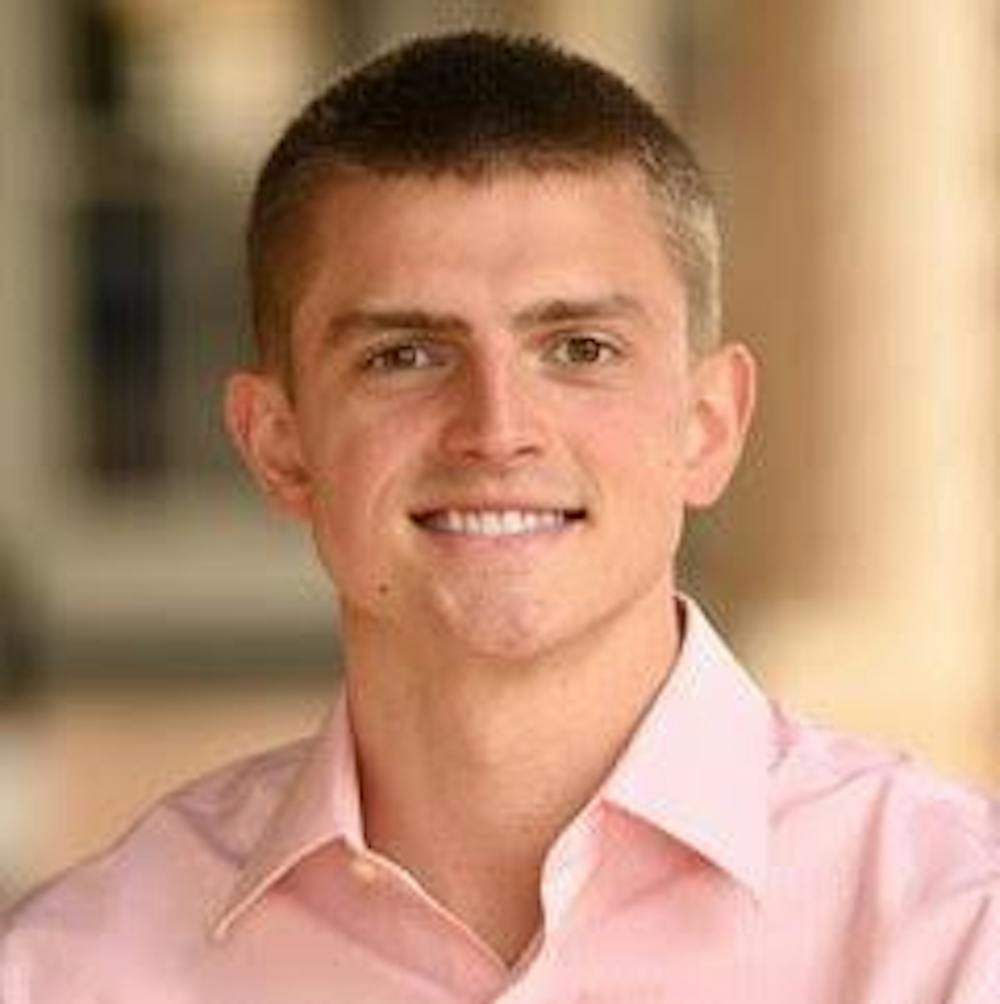In a world increasingly defined by environmental challenges, 22-year-old Will Wanzenberg chose to look for the positives.
Wanzenberg, who graduated from UF in Spring 2024 with a bachelor’s in sustainability studies and economics, attributes his environmental passion to his educational journey. He learned about the pressing crises of water quality, sea level rise, global warming and biodiversity loss during his time at UF.
“I connected the dots in my head with problems that I was enthralled with early in school,” he said.
He is a member of the Land Trust Alliance’s 2024-2025 Scholars for Conservation Leadership Program cohort. The Land Trust Alliance supports initiatives dedicated to conservation, like the North Florida Land Trust, where Wanzenberg found his home after graduating from UF last Spring.
The alliance unites smaller trusts to pull resources together and create a web of communication. A land trust is a community-based, nonprofit organization that works on land conservation for local, state or regional communities.
The Land Trust Alliance, which was founded in 1982, has protected about 2 million acres of land in Florida since 2015. Among projects alliance members have worked on is the Surface to Springs project under the Alachua Conservation Trust, which aims to protect the springs and aquifer in the Suwannee and Santa Fe watersheds.
Like many students, Wanzenberg was inundated with the weight of environmental issues.
“We focus so much on the issues that it becomes almost paralyzing,” he said.
He said education often presented a bleak picture, centered on doom and gloom without offering solutions.
“It was really more about, 'This is a problem, we’ve got to do something about it,' rather than, 'Here’s the problem, and here’s what people are actively doing to address it,’” he said.
This realization drove Wanzenberg to seek out solutions on his own, and inspired him to engage with various organizations committed to making a difference.
During his time at UF, Wanzenberg worked with two key mentors who helped shape his conservation career.
One came from UF’s Field & Fork Farm, where Wazenburg gained experience in sustainable agriculture. Anna Prizzia, the Field & Fork program’s founder, described Wazenburg as one of the best interns the farm has ever had.
“He always came to the farm with a really positive attitude, and he was always willing to pitch in and help,” Prizzia said. “He was really passionate about the work and about how the farm contributed to the bigger picture of food security, conservation and sustainable agriculture.”
As a senior, he interned at the North Florida Land Trust, where his interest in conservation grew. Byron Flagg, a land use attorney based in Gainesville, introduced Wanzenberg to the organization. Flagg highlighted Wanzenberg’s determination to make a difference in the world.
“He, like many people of his generation and of his age, is someone who really wants to make a difference in the world for the better,” Flagg said.
The desire to carve out a meaningful career in conservation emerged from these experiences, allowing him to see that he could turn his passion into a viable profession.
Conservation, he said, presents an opportunity to not only tackle environmental issues but also to create a fulfilling career. He carries palpable enthusiasm with him as he confronts environmental challenges and pursues personal fulfillment.
“This is something that I can make a career out of,” he said, “and I can be happy doing it.”
He emphasized conservation’s role in mitigating biodiversity loss, reducing greenhouse gas emissions and improving water quality. Understanding the interconnectedness of these issues is critical, he said, noting that even seemingly isolated conservation efforts can have broad implications.
Wanzenberg finds hope in the concept of conservation easements, which can provide farmers with the financial resources necessary to adopt environmentally friendly practices that enhance wildlife habitat, improve water quality and take part in carbon sequestration. His vision for the future of conservation lies in this form of economic incentivization by making sustainable farming economically accessible.
Wazenburg said in an age where environmental issues like unsustainable farming and freshwater pollution dominate, he wants to spur positive, long-lasting change.
“I want to leave the world better than it was, or do some good in it,” he said.
In doing so, he said he wants people to consider how they, too, can contribute to his mission.
Contact Vera Lucia Pappaterra at vpappaterra@alligator.org. Follow her on X @veralupap.
Vera Lucia Pappaterra is the enterprise race and equity reporter and a second-year journalism major. She has previously worked on the university desk as the university general assignment reporter. In her free time, she enjoys deadlifting 155 lbs. and telling everyone about it.






